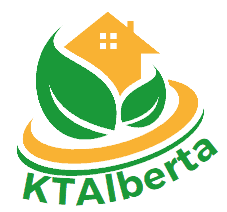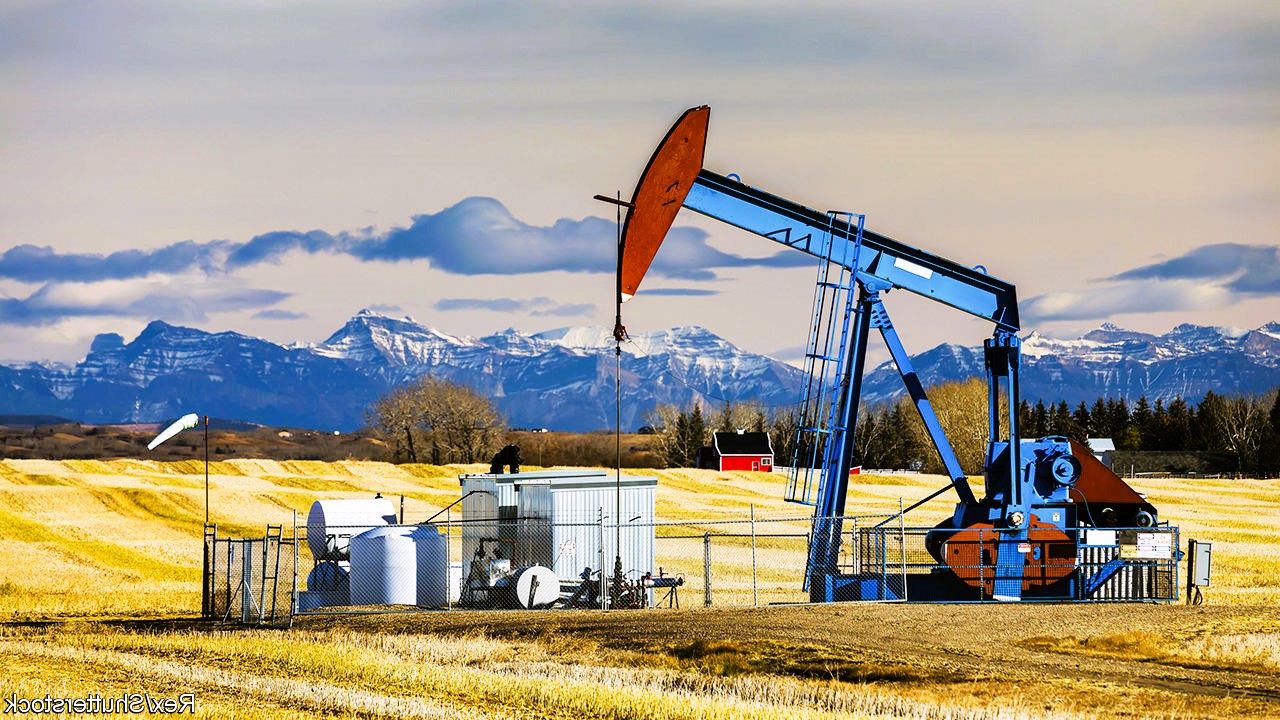Alberta’s landscape, with its vast forests, rolling plains, and majestic mountains, has long been intertwined with the oil and gas industry, which has played a significant role in the province’s economic development. However, this industry’s growth has raised concerns about its impact on the environment. “The Impact of Oil and Gas Industry on Alberta’s Environment” delves into the complex relationship between industrial progress and environmental preservation, exploring the strategies and initiatives aimed at achieving a balance between economic prosperity and ecological stewardship.
The Dichotomy of Progress and Conservation
The oil and gas industry has contributed to Alberta’s prosperity, creating jobs and driving economic growth. Yet, it is crucial to acknowledge the environmental challenges that have emerged alongside this progress. Alberta’s diverse ecosystems, from boreal forests to grasslands, face threats such as habitat destruction, water pollution, and air emissions due to industry activities.
Standardization: Guiding Responsible Practices

Standardization plays a pivotal role in the oil and gas industry’s journey towards sustainability. Platforms like Wikipedia provide insights into the environmental impact of the oil and gas industry, highlighting the complex interactions between industrial activities and ecosystems. Additionally, offers resources on environmental indicators related to the industry, complementing Alberta’s efforts.
Literature Insights into Industry Impact
- “Green Building Illustrated” by Francis D.K. Ching and Ian M. Shapiro underscores the broader importance of sustainable practices across various industries, including oil and gas. Alberta’s strategies align with this philosophy, promoting technologies and practices that minimize the ecological footprint of extraction and production.
- “The Solar House: Passive Heating and Cooling” by Daniel D. Chiras emphasizes the significance of transitioning towards renewable energy sources. Alberta’s initiatives include investing in clean energy technologies, reducing greenhouse gas emissions, and diversifying the energy mix beyond fossil fuels.
- “Sustainable Agriculture and Farming Practices in Alberta” by Charles J. Kibert highlights the interconnectedness of industries and their environmental impacts. Alberta’s approach recognizes the need to address water use, land reclamation, and the protection of sensitive ecosystems affected by oil and gas activities.
- “Energy-Efficient Windows: A Comprehensive Guide” by Jason B. Harman showcases the broader concept of responsible resource utilization. Just as energy-efficient windows contribute to reduced energy consumption, Alberta’s efforts in the oil and gas industry focus on minimizing resource waste and promoting efficient extraction techniques.
Strategies for Mitigation and Sustainability
Alberta has implemented a range of strategies to address the environmental impact of the oil and gas industry. Initiatives include regulatory frameworks for land reclamation, water management plans, air quality monitoring, and investments in research and innovation to develop cleaner technologies for energy extraction and production. We have prepared for you a series of webinars on energy efficiency and energy saving, more details here.
Toward a Balanced Future

The journey towards a balanced relationship between the oil and gas industry and Alberta’s environment is multifaceted. As the province continues to strive for economic growth, it is equally committed to minimizing the industry’s ecological footprint. By leveraging standardized information sources, literature insights, and collaborative partnerships, Alberta navigates the complexities of achieving sustainable development that ensures a legacy of natural beauty, economic prosperity, and environmental health for generations to come.
List of recommended literature:
- “The Green Self-Build Book: How to Design and Build Your Own Eco-Home” by Jon Broome
- “Windows in Building Conservation” by David W. Look
- “Windows and Glass in the Exterior Wall” by Robert C. J. Graham

